In a move that feels like the subject line of a spam email or the premise of a bad '80s movie, online shopping mogul Yusaku Maezawa is giving away money as a social experiment.
Maezawa will give ¥1 million yen ($9,130) to 1,000 followers who retweeted his January 1st post announcing the giveaway. The deadline to retweet was Tuesday, January 7.
Over 4 million of his followers retweeted the tweet, so the winners will be chosen by lottery.
🎍謹賀新年🎍
【総額10億円】#前澤お年玉 100万円を1000人にプレゼントします!
100万円で皆さまの人生がよりハッピーになりますように。
応募方法は僕のフォローとこのツイートのリツイート。締切は1月7日23:59まで。
企画趣旨や当選条件などはYouTubeで説明してます。 https://t.co/kBgwwmJoaP pic.twitter.com/1Fr0Vq4i6Z
— Yusaku Maezawa (MZ) 前澤友作 (@yousuck2020) December 31, 2019
In a YouTube announcement, Maezawa called the contest a "serious social trial" to see how ¥1 million yen could improve people's happiness. The billionaire says that recipients can spend the money however they like, but must fill out a regular questionnaire about how they're using the funds.
RELATED: Finland Experiments With The Universal Basic Income
Maezawa says he will contact the winners afterward to see how the money impacts their lives and he encourages social scientists to study the results.
The experiment is also an attempt by the billionaire to test the benefits of a universal basic income (UBI). Over the past few years, governments across the globe have been conducting UBI experiments by giving their citizens regular, no-strings-attached payments.
RELATED: Presidential candidate Andrew Yang is calling for a "Green Amendment" to the Constitution
In the U.S., Democratic presidential candidate Andrew Yang's major policy proposal is the Freedom Dividend which would give every American $1,000 a month. Yang believes that automation and artificial intelligence will soon disrupt the U.S labor market, making UBI an economic necessity.
But the bigger question remains: Does money make people happy?
A 2010 study out of Princeton found that the magic number for buying happiness is right around $75,000 year. This number is a rough estimate and fluctuates depending on where someone lives. Seventy-five thousand dollars a year goes a lot further in Marcus, Iowa than it does in San Francisco.
"The lower a person's annual income falls below that benchmark, the unhappier he or she feels," Bilinda Luscombe from Time Magazine writes. "But no matter how much more than $75,000 people make, they don't report any greater degree of happiness."
The study found that a lower income doesn't make one sad in and of itself, but it makes people feel more ground down by their problems. When people make $75,000 and up, their happiness is more determined by their individual temperament and circumstances of their life.
So if Maezawa really wants to measure people's happiness, he's going to have to cough up a lot more money. And, if Andrew Yang wasnts to really succeed, he;s going to have to up that extra $12,000 a year to whatever amount the average American needs to hit that magical $75,000-a-year goal.





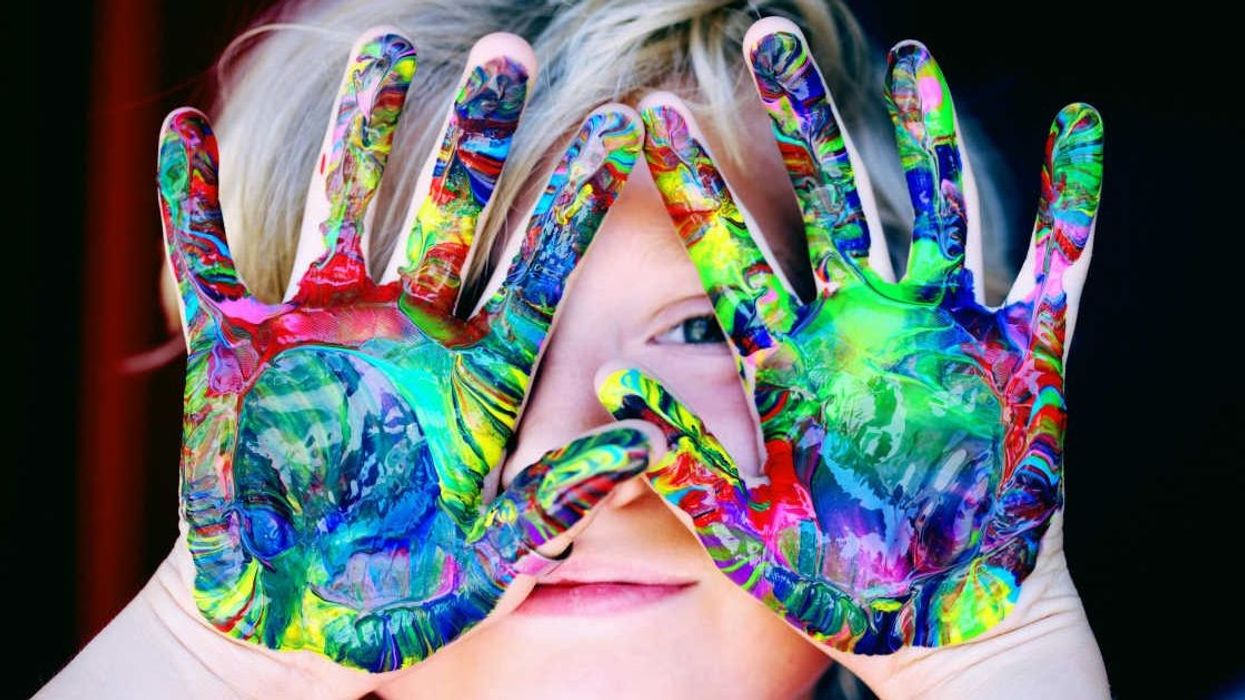

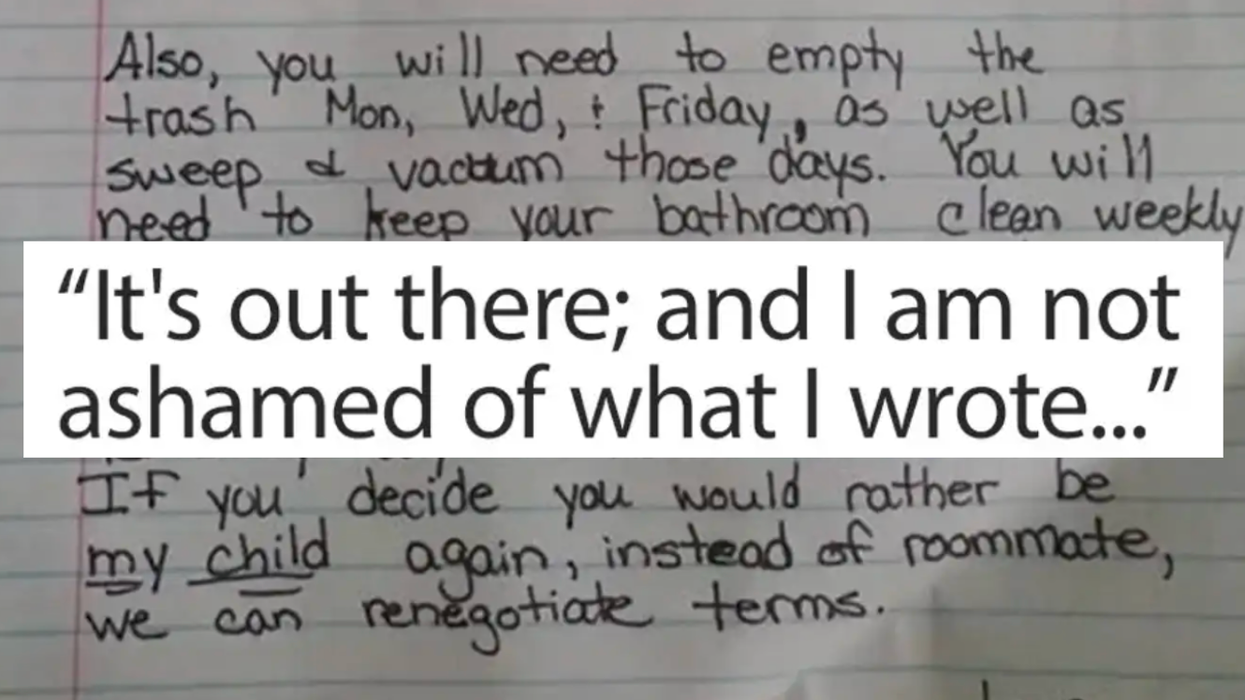
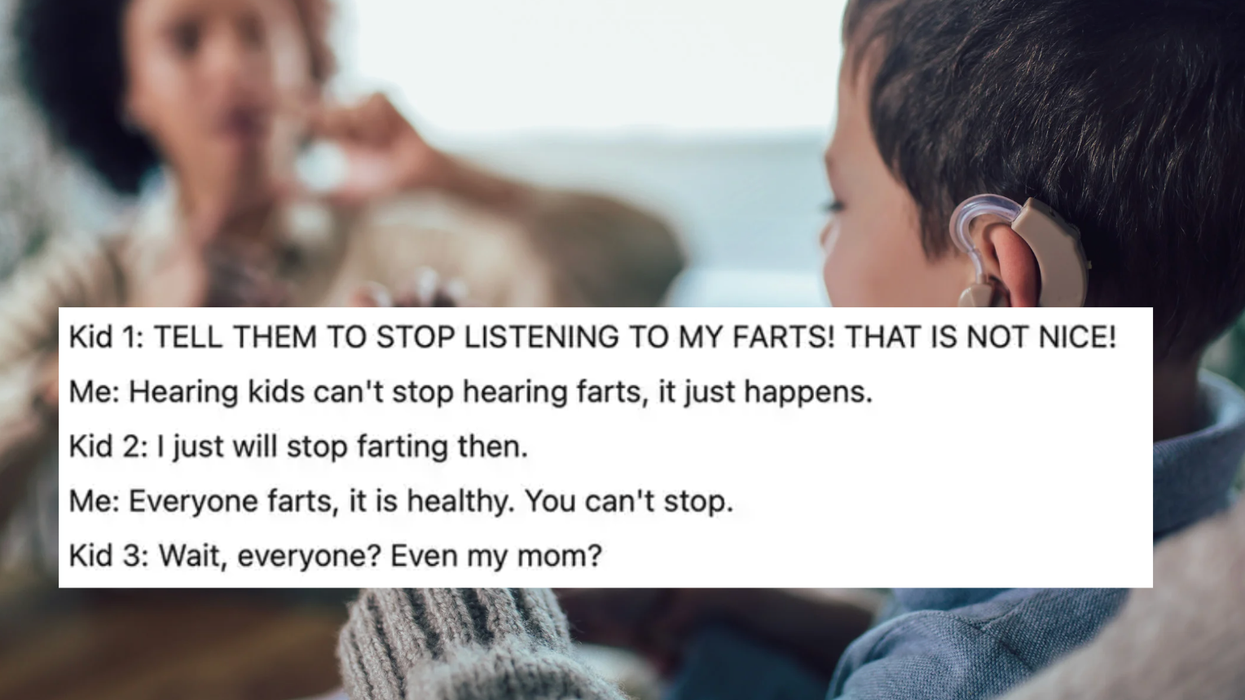






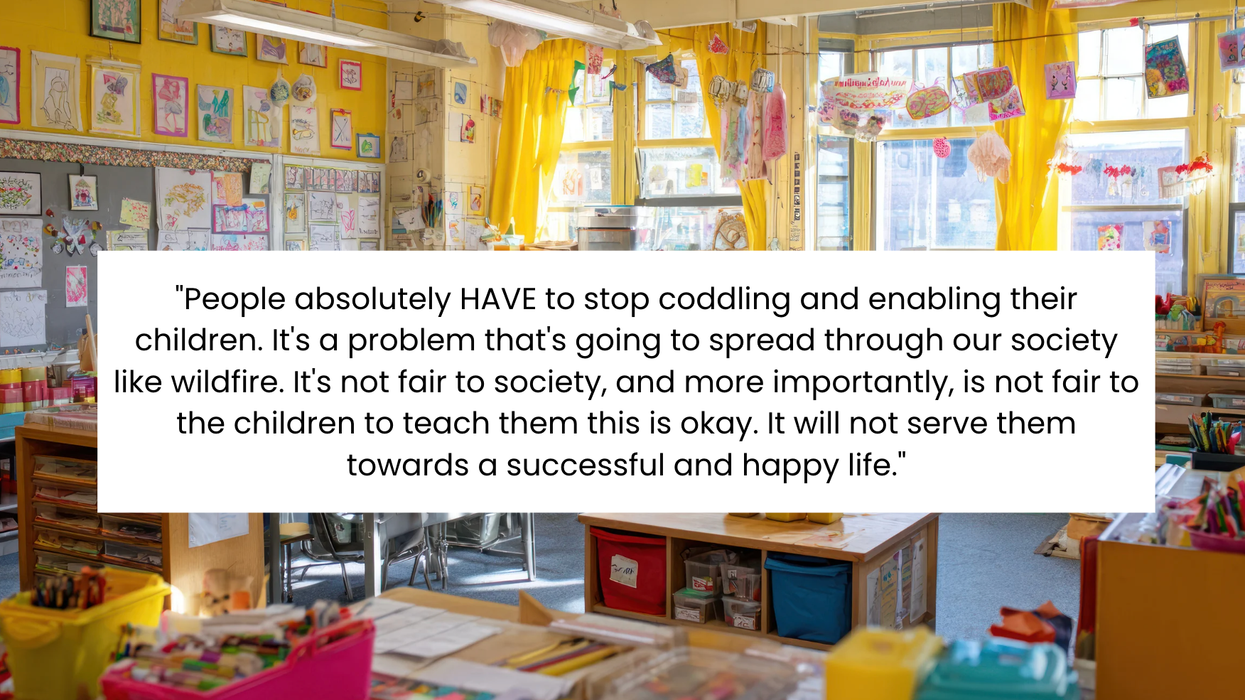
 A real estate agent talks with a young coupleCanva
A real estate agent talks with a young coupleCanva A frustrated school teacher takes a breakCanva
A frustrated school teacher takes a breakCanva A young girl plays around in her messy roomCanva
A young girl plays around in her messy roomCanva
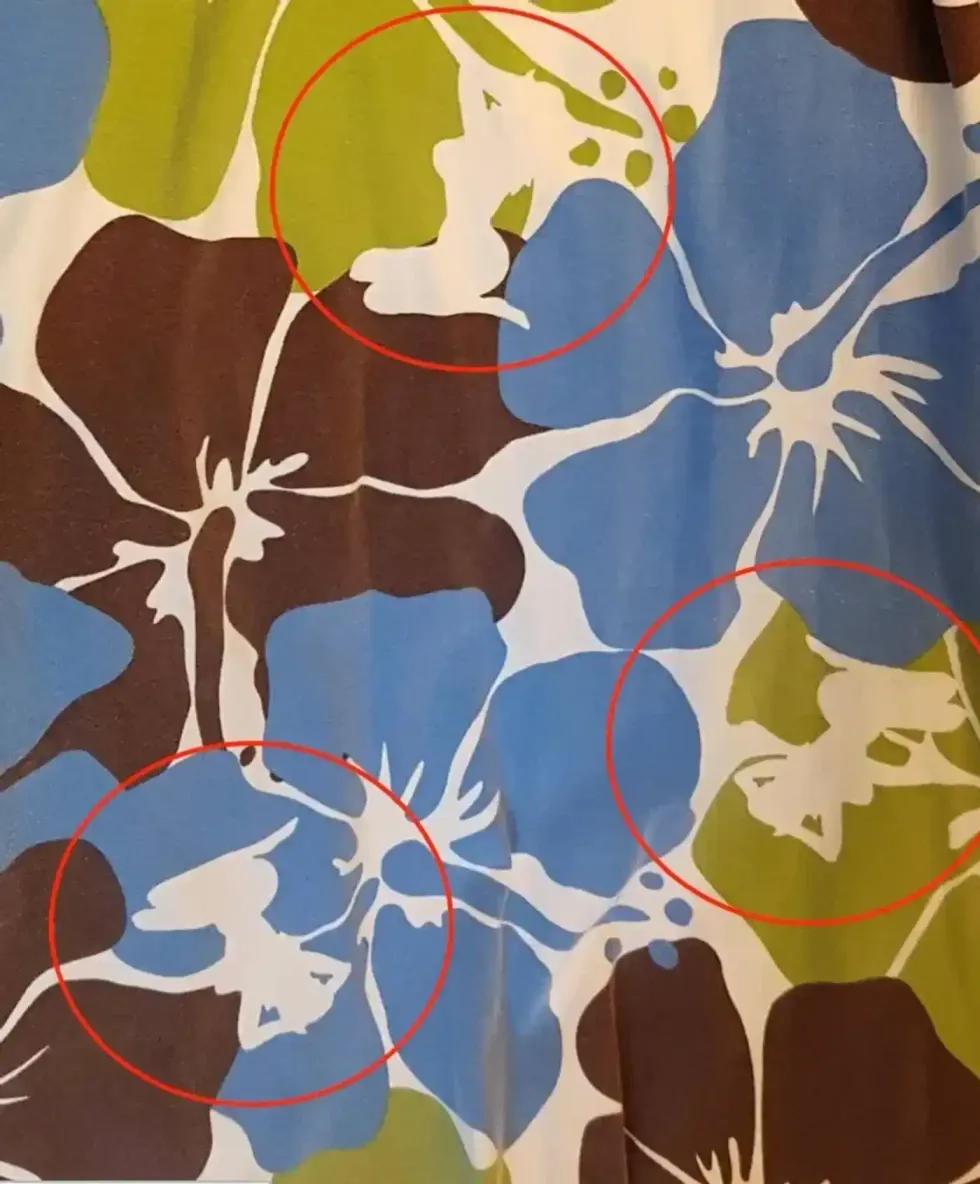 Image of the floral dress with the risque images circled
Image of the floral dress with the risque images circled 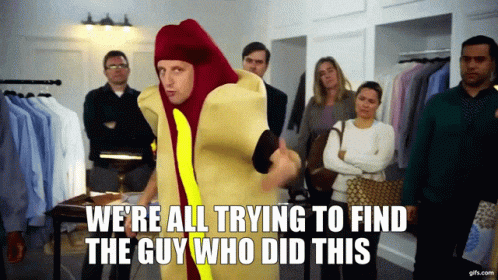 Gif of Tim Robinson via
Gif of Tim Robinson via 
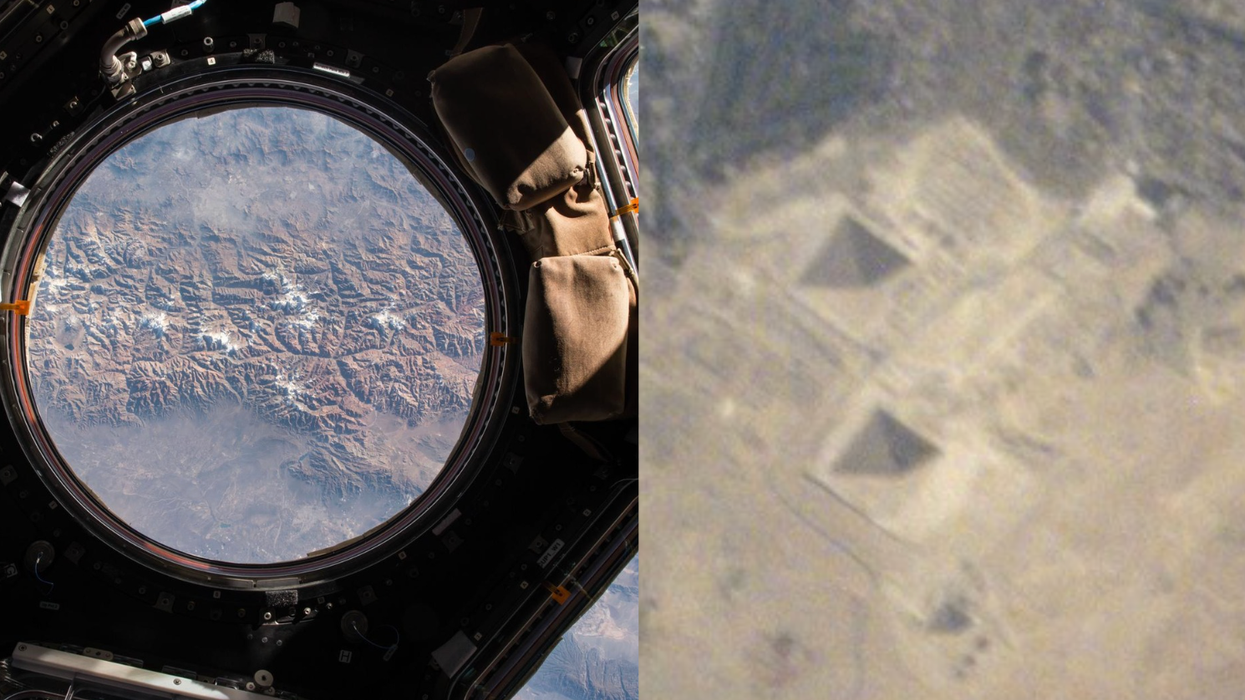

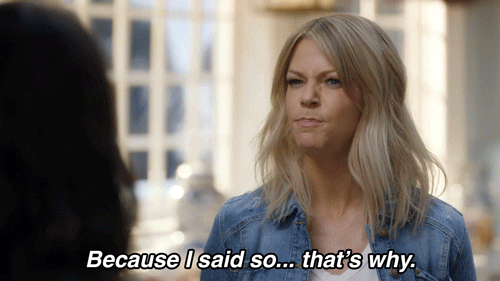 Gif of Kaitlin Olson saying "Because I said so ... that's why" via
Gif of Kaitlin Olson saying "Because I said so ... that's why" via 

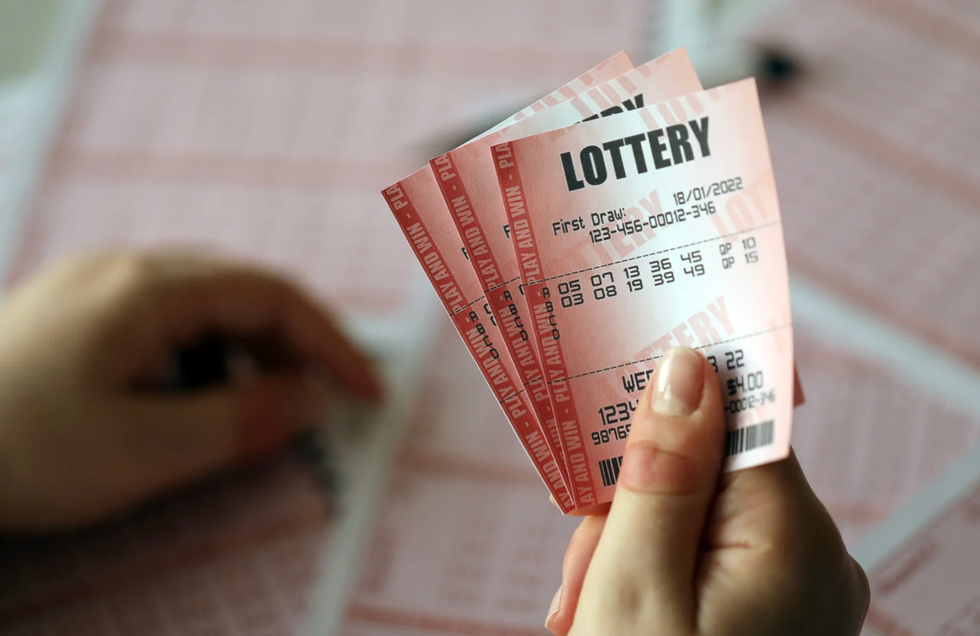 A hand holds several lottery ticketsCanva
A hand holds several lottery ticketsCanva "Simpsons" gif of newscaster winning the lotto via
"Simpsons" gif of newscaster winning the lotto via